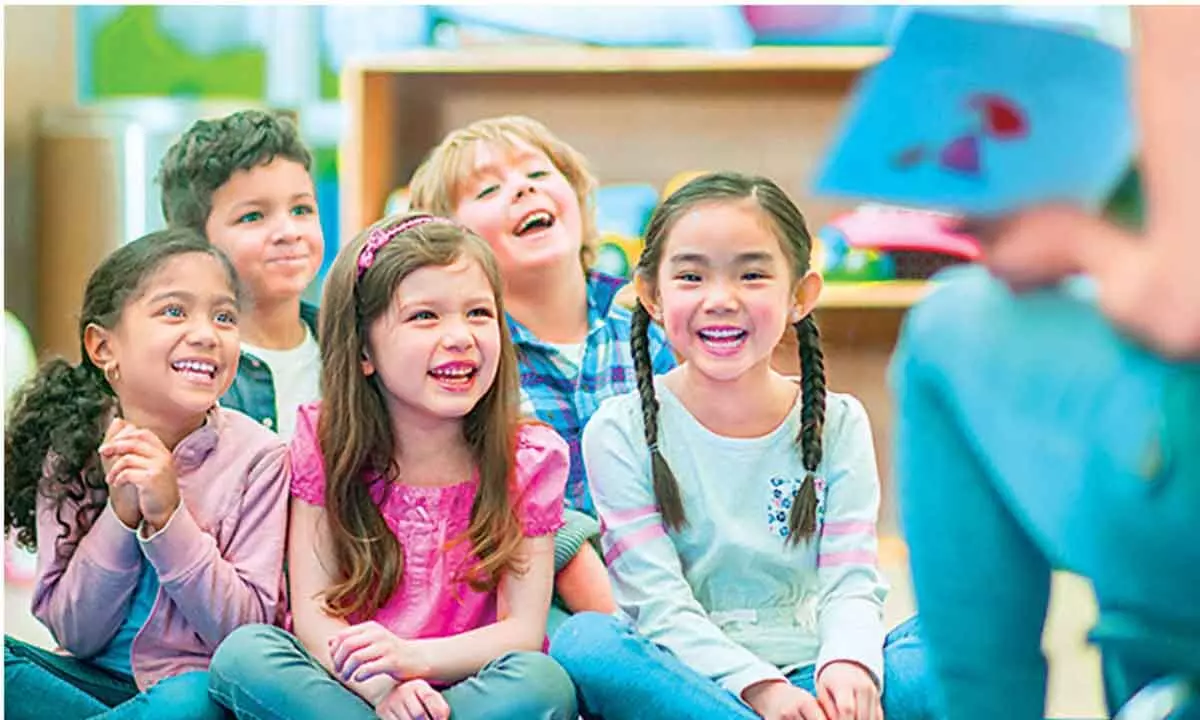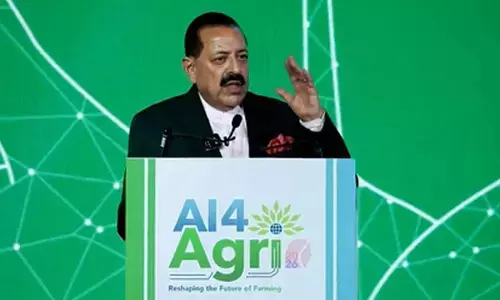How multicultural education prepares children for a diverse world

By exposing children to a multicultural education, we give them the tools to understand, respect, and collaborate with others in a globalized society. We also nurture the most important qualities for the future: empathy, adaptability, and a sense of shared humanity. As parents, educators, and communities, we can all play a part in preparing children for this diverse world. By embracing and celebrating differences, we help them not only become better problem solvers but also kinder, more open-hearted individuals
Diversity is no longer just a buzzword– it’s the new normal. With 95% of the world’s population living outside of Western countries, multicultural education has become essential for tomorrow’s leaders. But how do we equip children to thrive in this vibrant, global tapestry?
The answer lies in multicultural education, which celebrates differences and opens young minds to the richness of the world.
What does multicultural education mean?
Multicultural education is a concept that teaches children diversity is strength. It surpasses the superficial learning about various cultures, instead it encourages students to deeply understand and respect the varied traditions and perspectives that make up our world. From celebrating festivals like Diwali, Christmas, and Lunar New Year to discussing stories from different cultures, this approach to education fosters a sense of connection and understanding.
What are the pros of introducing multicultural education in schools?
1. Enhanced Creativity and Innovation
Diverse classrooms bring together various perspectives and ideas, fostering creativity and innovation. This diversity leads to unique problem-solving approaches and more effective learning strategies, enriching the educational experience for all students.
2. Improved Problem-Solving
In diverse learning environments, students are exposed to different viewpoints, helping them analyze situations from multiple angles. This enhances their critical thinking skills and encourages more comprehensive, well-rounded problem-solving.
3. Greater Empathy and Understanding
Exposure to diverse backgrounds promotes empathy, emotional intelligence, and social skills in students. This helps them develop a deeper understanding of others, preparing them for real-world interactions in an increasingly interconnected world.
4. Preparation for a Global Society
As society becomes more globalized, students must learn to interact with people from diverse cultures. Encouraging diversity in schools equips them with the cultural competence and communication skills they will need to thrive in a global society.
5. Increased Engagement & Academic Success
A diverse and inclusive classroom fosters a sense of belonging, leading to higher student engagement and motivation. This inclusivity correlates with improved academic performance, helping students achieve their full potential.
How can parents and teachers encourage multicultural education?
Parents and teachers play a crucial role in promoting multicultural education by introducing children to diverse cultures through books, music, and art. Celebrating cultural festivals and fostering open discussions about differences build curiosity and respect. Modeling inclusive behavior and incorporating multicultural resources, like diverse storybooks and cultural artifacts, help deepen understanding. Collaborating with diverse communities and organizing multicultural events also provide meaningful cultural interactions. These efforts create an inclusive environment where children learn to appreciate diversity, preparing them for the global society ahead.
Building Key Skills for the Future
Fostering inclusion and awareness around multicultural education helps children appreciate diverse perspectives and experiences. It encourages them to see the world through a broader lens, understanding that each culture offers unique contributions to our global society. This not only nurtures respect and empathy but also equips them with the skills needed to navigate an increasingly interconnected world.
Let us picture a classroom:
Children are working in groups to build a model of a house. One child suggests using traditional materials and design elements inspired by their cultural background, while another proposes a modern approach based on what they’ve seen in their community. By combining these ideas, the students not only complete the task but also learn to appreciate diverse architectural styles and how different cultures solve the same challenge in unique ways. Through this collaboration, they gain both problem-solving skills and an understanding of how varied perspectives can enhance creativity.
This brief glimpse of a classroom reflects the kind of collaboration they might be able to expect in their futures in a workspace with colleagues coming from different communities with other points of view.
Strength of Celebrating Differences
In a world that is becoming increasingly interconnected, celebrating differences is not just a moral responsibility – it’s a skill for success. By exposing children to a multicultural education, we give them the tools to understand, respect, and collaborate with others in a globalized society. We also nurture the most important qualities for the future: empathy, adaptability, and a sense of shared humanity.
As parents, educators, and communities, we can all play a part in preparing children for this diverse world. By embracing and celebrating differences, we help them not only become better problem solvers but also kinder, more open-hearted individuals.
(The author is Chairman, Safari Kid, India)








